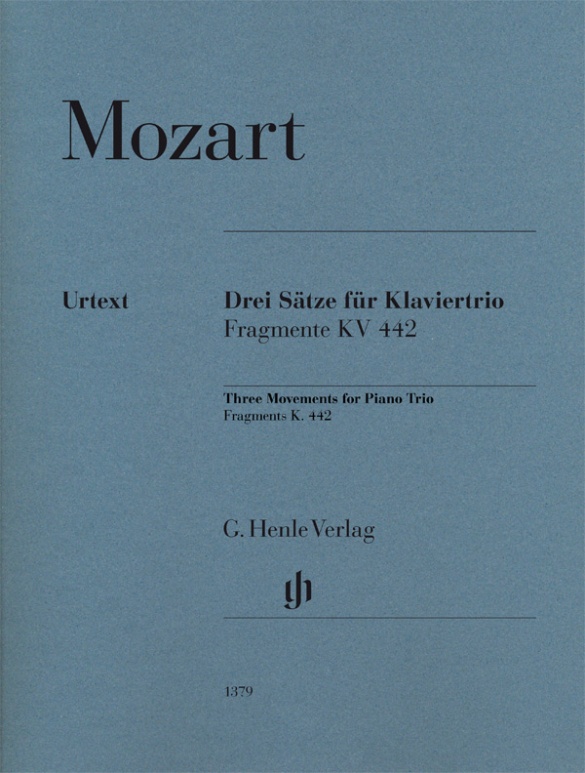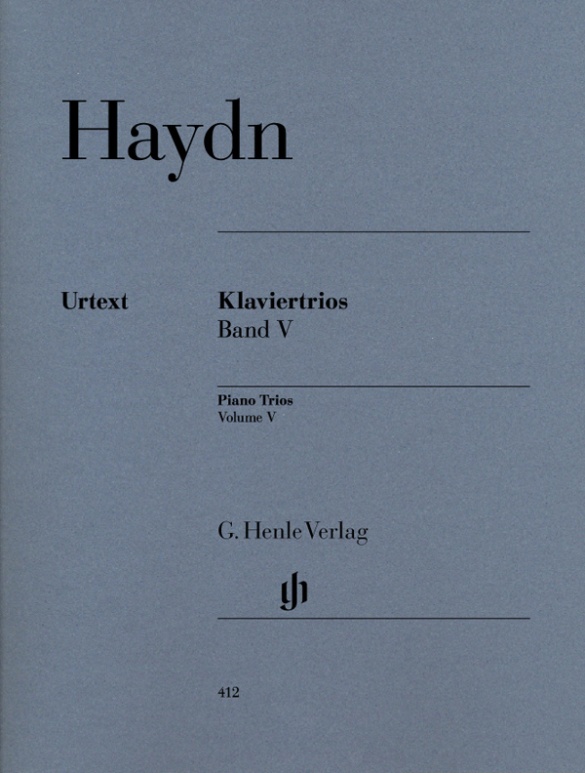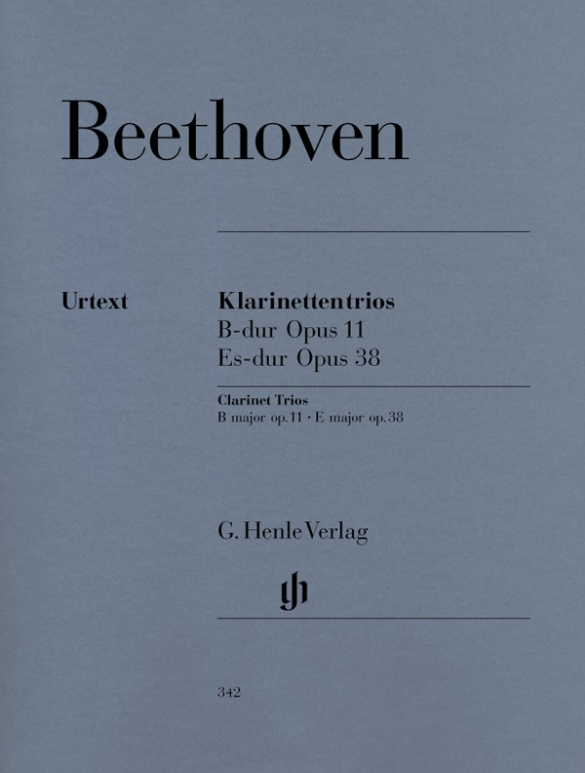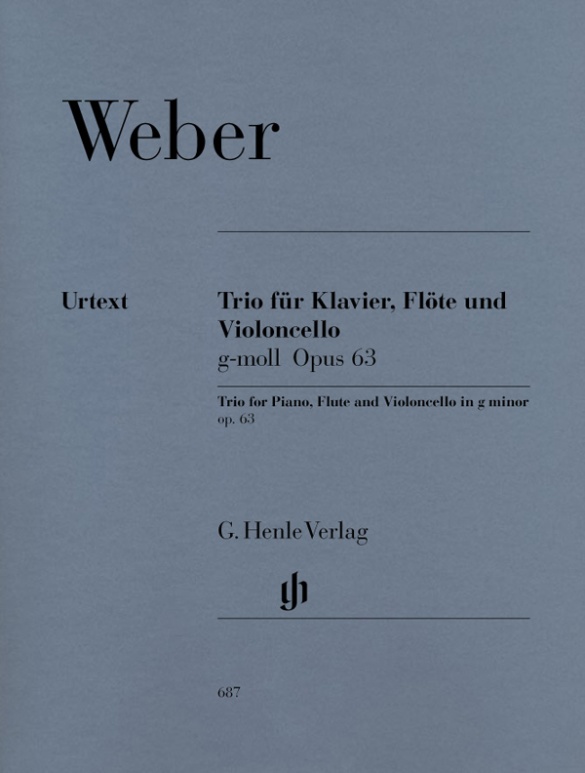

Carl Maria von Weber
Trio en sol mineur op. 63 pour piano, flûte et violoncelle
CONTENU/DÉTAILS
CONCERNANT LE COMPOSITEUR
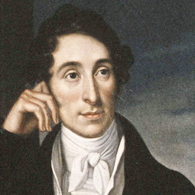
Carl Maria von Weber
L’un des compositeurs allemands d’opéras les plus importants avant Wagner, qui s’est investi par son œuvre et ses écrits en faveur d’un opéra allemand. Sa gloire repose sur le «Freischütz» qui a été très largement salué comme opéra national allemand. Ses œuvres instrumentales (œuvres pour orchestre, concertos pour instruments solistes, musique de chambre, œuvres pour piano) reposent en grande partie sur des modèles classiques, mais annoncent déjà l’esprit romantique.
| 1786 | Né le 18 ou 19 novembre à Eutin. Années de pérégrinations avec la «Webersche Schaupielergesellschaft» (Troupe des comédiens de Weber). Il joue de petits rôles d’enfant. |
| 1797 | La troupe se produit à Salzbourg où il prend, à partir de 1798 des cours de composition auprès de Michael Haydn. |
| 1800 | Création à Freiberg de son premier opéra romantico-comique «Das Waldmädchen» (La Fille des bois). |
| depuis 1803 | Années d’études à Vienne chez Georg Josef Vogler. |
| 1804–06 | Premier engagement comme maître de chapelle à Breslau (Wroclaw). |
| 1810 | Création de l’opéra romantique «Silvana» à Francfort-sur-le-Main. Concerto pour piano en Ut majeur n° 1 op. 11. |
| 1811 | Concertos pour clarinette en Fa mineur n° 1 op. 73 et en Mi bémol majeur n° 2 op. 74 commandés par Maximilien de Bavière; 1812 Concerto pour piano en Mi bémol majeur n° 2 op. 32. |
| 1813–16 | Directeur d’opéra et maître de chapelle du Théâtre des États à Prague. À partir de 1817 maître de chapelle à la cour de Dresde. |
| 1819 | Pièces pour piano «Rondo brillante» en Mi bémol majeur op. 62, «Invitation à la danse» en Ré bémol majeur op. 65, «Pollaca brillante» en Mi majeur op. 72. Trio pour piano, flûte et violoncelle en Sol mineur op. 63. |
| 1821 | Création à Berlin de l’opéra romantique «Le Freischütz» op. 77; son sujet et la musique lui valent d’être salué comme opéra typiquement allemand. Il intègre toutefois des éléments allemands, français et italiens. Konzertstück en Fa mineur pour piano et orchestre op. 79 qui ouvre la voie aux concertos en un mouvement du XIXe siècle. |
| 1823 | Création à Vienne d’«Euryanthe» op. 81. |
| 1826 | Création à Londres d’«Oberon». Il meurt le 5 juin à Londres. |
About the Authors
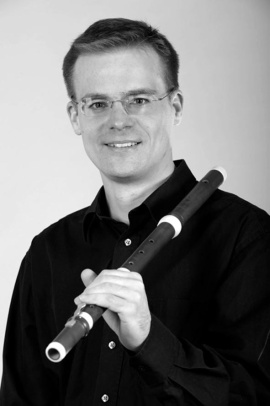
Henrik Wiese (Editeur)
Henrik Wiese was born in 1971 in Vienna. He first studied the flute with Paul Meisen (Munich). He later took a degree in Indo-European studies, general linguistics and musicology. From 1995 to 2006 he was solo flautist at the Bavarian State Opera (Munich), since 2006 he has held the same position with the Bavarian Radio Symphony Orchestra. Wiese was a prize-winner at the German Music Competition (1995) and at several international flute competitions (including the ARD Music Competition in 2000).
As part of his editorial work for G. Henle Publishers, studying sources led him to historical performance practice and the transverse flute. He plays this instrument with the Accademia giocosa. Wiese gives master-classes around the world and tries to impart an understanding of how to deal with editions and sources to his pupils, to show them how to write cadenzas and to hone their awareness of intonation. His artistic work as a soloist, chamber musician and orchestral musician has been documented on numerous CDs.

Klaus Schilde (Doigtés piano)
Prof. Klaus Schilde, born in 1926, spent his childhood in Dresden. There he was greatly influenced by Walter Engel, who taught him the piano (Kodaly method), composition and violin. From 1946–1948 he studied at the music conservatory in Leipzig with Hugo Steurer. After moving to the west in 1952 he studied with Walter Gieseking and Edwin Fischer, as well as with Marguerite Long, Lucette Descaves and Nadia Boulanger in Paris.
Schilde won numerous prizes. From 1947 onwards he gave concerts as a soloist and chamber musician on almost every single continent with renowned orchestras. He taught at the music conservatories in East Berlin Detmold, West Berlin, Munich, Tokyo (Geidai) and Weimar. From 1988–1991 he was President of the Staatliche Hochschule für Musik und Theater in Munich, where he also taught for decades as a professor. There are numerous radio and television broadcasts with Klaus Schilde as well as CD recordings. Schilde has contributed fingerings to almost 100 Henle Urtext editions.
Prof. Klaus Schilde passed away on 10 December, 2020.
Informations sur la sécurité du produit

G. Henle Verlag
Vous trouverez ici des informations sur le fabricant du produit.G. Henle Verlag e.K.
Forstenrieder Allee 122
81476 München
Allemagne
info@henle.de
www.henle.com
... The current edition is based on both the original autograph and the first published edition with any editorial decisions being clearly highlighted in the commentary.
Sheet MusicLa publication d'une œuvre maîtresse du répertoire de musique de chambre avec flûte par un éditeur réputé pour sa qualité est un événement. ... Les éditions Henle reprennent la version autographe sans autres commentaires que ceux exhaustifs, placés en fin de volume. Elles proposent cependant quelques ajouts, clairement indiqués entre parenthèse, et tiennent compte de l'habitude du compositeur de noter différemment un motif cité plusieurs fois. La présentation, la mise en page, l'impression, la préface sont soignées. Une version de référence.
La TraversièreDe uitgave is op en top Henle: een rustig notenbeeld, een uitgebreid historisch voorwoord en gedegen commentaar met verwijzignen naar de verschillende geraadpleegde bronnen.
PianowereldThis Henle edition, edited by Henrik Wiese with piano fingering by Klaus Schilde, is a fine one for experienced or professional players.
American String Teacherrecommandations
autogenerated_cross_selling
Autres éditions de ce titre
Autres éditions de ce titre


